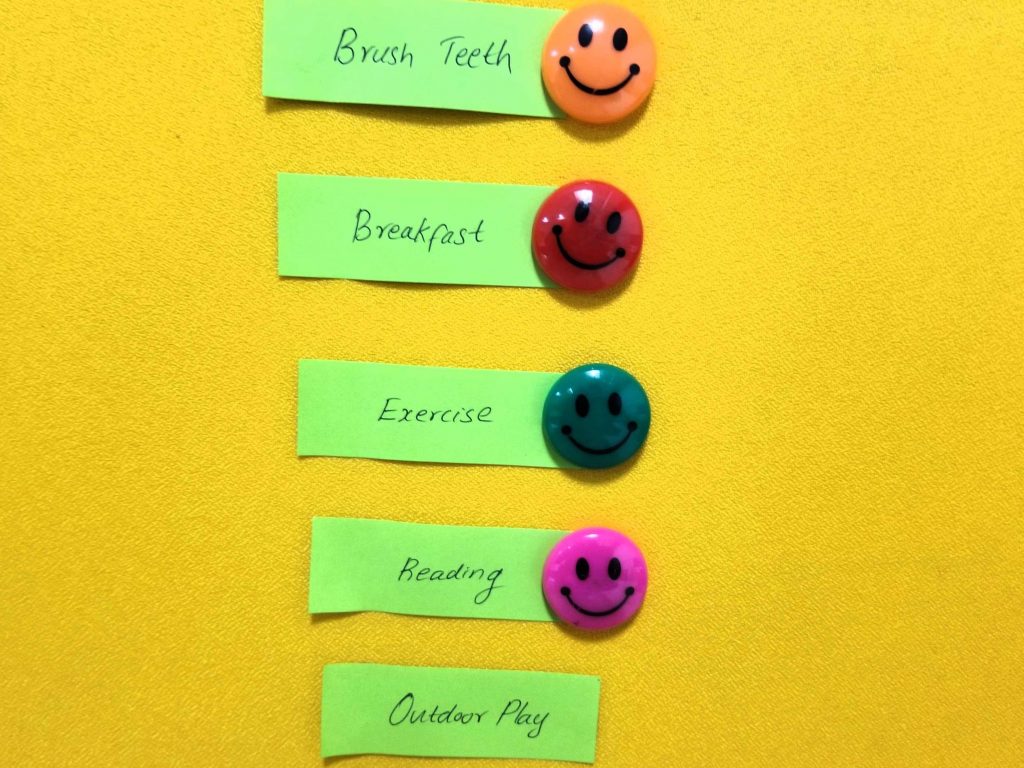Every parent would love for their child to grow into independent adults. Independence need not mean that they lead their lives without ever having to rely on others. So, an autistic child may require support from time to time. But don’t we all depend on others in some shape or form? Even the fiercely independent of us tend to lean on others for emotional upliftment or a few comforting words when we are feeling a little low. So, it’s important to stay positive and show faith in their abilities. By equipping them with life skills and encouraging their interests, we can boost their self-esteem and enable them to be independent.
Here are a few simple ways to build your child’s self-esteem leading to their independence:
- Respect Their Opinion
Include your child in everyday decision making from an early age and ask them what they have to say. The more you ask their opinion, the more they’ll understand that their ideas will be valued. This will build their confidence and teach them self-advocacy.
For example, if they are not keen to go to bed by 8 PM, tell them why they have to sleep early. Try and reason with them. Be a little flexible and accommodate their requests when you can. This will teach them to identify their individual preferences and give them a sense of power when they get their way.
- Simple Achievable Goals
Assigning simple tasks that they can do by themselves is a great way to set an autistic child up for success. Assess what your child is reasonably good at and construct a task around their abilities. Remember to praise them generously when they’ve successfully completed a task.
If you want your child to get ready in the morning by themselves, break it down into smaller tasks such as brushing, shower, picking clothes, putting them on, combing hair, skincare, etc. Focus on one task at a time. Once they get comfortable with it, you can encourage them to do the next task by themselves. Their sense of accomplishment in the first task can be a major motivator in getting them to try the next task on their own.


- Learning Begins at Home
By involving them in everyday activities, you can teach them about all it takes to run a house. Sit them down when you make the grocery list and discuss what needs to be purchased. Ask them to check the fridge to see if you need to buy milk. Every time you make a shopping trip, give them the responsibility of reminding you about the milk. You can also raid the pantry with them and talk to them about what items need re-stocking.
Talk to them about bills that need to be paid regularly. This will introduce them to how to manage finances. Discuss your monthly budget and savings plans in simple terms that they can understand. If you’re shopping online, talk about why you are choosing product A over Product B. This will be a great opportunity to teach them about price comparison, product quality, and secure payments.
Encourage Social Communication
An Autistic child may have trouble with social communication. If you have like-minded friends and relatives, create opportunities for your child to have regular social interactions with them. If your child is an AAC user, teach a bit of AAC etiquette to your friends and family so that your child feels comfortable communicating with their AAC system.
Since high tech AAC systems are compatible with social media, encourage children to participate in discussions on family Whatsapp groups and other social media platforms. Young adults, especially, may find social media a great channel to express their opinions and be part of their peer groups. Help them set up social media accounts and stress upon them the need for being vigilant to avoid becoming the victim of cyber fraud or cyberbullying.
Visual Schedules


Create visual schedules for their daily routines because autistic children may find visual schedules more helpful than verbal instructions. Reward them with stickers or some form of positive reinforcement when they are done with their activities for the day.
Visual schedules give them a sense of structure and reassurance about what to expect. But it is important to prepare children for things that may not go according to plan. Include surprise activities regularly in their schedule so that they get used to dealing with unpredictability.
Use timers in tandem with visual schedules to help them with time management. For example, if they are reading for 20 minutes, set a timer for it, and give a few additional minutes to put their book back on the shelf. Learning to set timers by themselves is a skill that can help them a great deal in planning their day.
Needless to say, it takes a lot of patience and perseverance while taking your child on the path to independence. But small steps you take every day can have a major impact on how your child perceives themselves. Giving responsibilities to an autistic child from an early age and showing confidence in their abilities can do wonders for their self-worth. Raising empowered children will serve as the first step in enabling them to lead independent and fulfilling lives.



